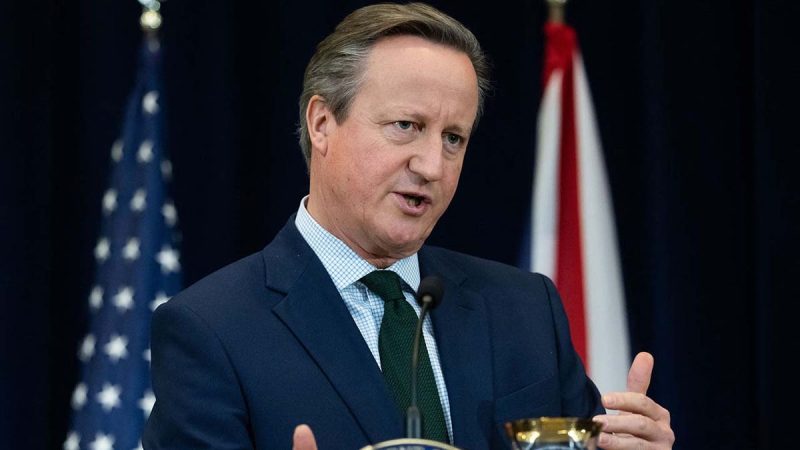In recent geopolitical developments, Western powers have been urging Israel to exercise restraint in its response to Iran’s provocative actions in the region. The escalating tensions between Israel and Iran have raised concerns among Western countries over the potential for a wider conflict in the already volatile Middle East.
Israel has long viewed Iran as a significant threat to its security due to Iran’s support for militant groups like Hezbollah and its pursuit of nuclear weapons. Recent attacks attributed to Iran on Israeli-owned ships in the Gulf of Oman and the Red Sea have further exacerbated tensions between the two regional adversaries.
Western powers, including the United States, the United Kingdom, and France, have called on Israel to show restraint in its response to Iran’s provocations. They have emphasized the need for de-escalation and dialogue to prevent a spiral into open conflict that could destabilize the entire region.
The Biden administration has been particularly vocal in its support for Israel’s right to defend itself against threats but has also urged caution. In a recent statement, the U.S. State Department reiterated the importance of avoiding actions that could lead to a larger conflict and underscored the need for all parties to exercise maximum restraint.
The United Kingdom and France have echoed similar sentiments, calling for a peaceful resolution to the escalating tensions between Israel and Iran. Both countries have stressed the importance of dialogue and diplomacy in addressing the underlying issues and reducing the risk of miscalculation or escalation.
The Western powers’ calls for restraint come at a critical juncture when the Middle East is already facing numerous challenges, including the ongoing conflicts in Syria and Yemen, as well as the fragile security situation in Iraq and Lebanon. A further escalation involving Israel and Iran could have far-reaching implications for regional stability and security.
As the situation continues to evolve, Israel will face tough decisions regarding how to respond to Iran’s provocations while also taking into account the concerns of its Western allies. Finding a balance between deterrence and de-escalation will be crucial in avoiding a wider conflict and maintaining stability in the Middle East.
In conclusion, the advice from Western powers for Israel to exercise restraint in its response to Iran’s provocations reflects a broader effort to prevent escalation and maintain peace in the region. Dialogue, diplomacy, and a commitment to resolving conflicts through peaceful means will be essential in navigating the complex dynamics of the Middle East and avoiding a further deterioration of the security situation.




























